You’ve probably wondered if your furry buddy remembers that epic beach day from last summer or whether they hold onto that embarrassing time you stepped on their tail. The truth about dog memory is way more fascinating than most people realize. While they might not replay memories like a movie in their heads, dogs have incredible associative memories that connect emotions, scents, and experiences in ways that can last a lifetime. Some of these memories fill them with joy every single day, while others might make them anxious or fearful. Let’s dive into the remarkable world of canine memory and discover what really sticks with our four-legged friends.
Your Voice Calling Their Name

Nothing lights up a dog’s face quite like hearing their favorite human’s voice. Dogs might recognize the faces of other dogs and people, but it likely holds less weight in their memory compared to other things, like the sound of your voice. When you call out to them from another room, they don’t just hear random sounds – they hear love, attention, and the promise of good things to come.
This powerful memory connection works both ways too. Your dog probably knows the difference between your happy voice, your stern voice, and that special tone you use when you’re about to give them a treat. They’ve catalogued every inflection and can predict what’s coming next just by how you sound when you say their name.
The Scent of Their Favorite Person
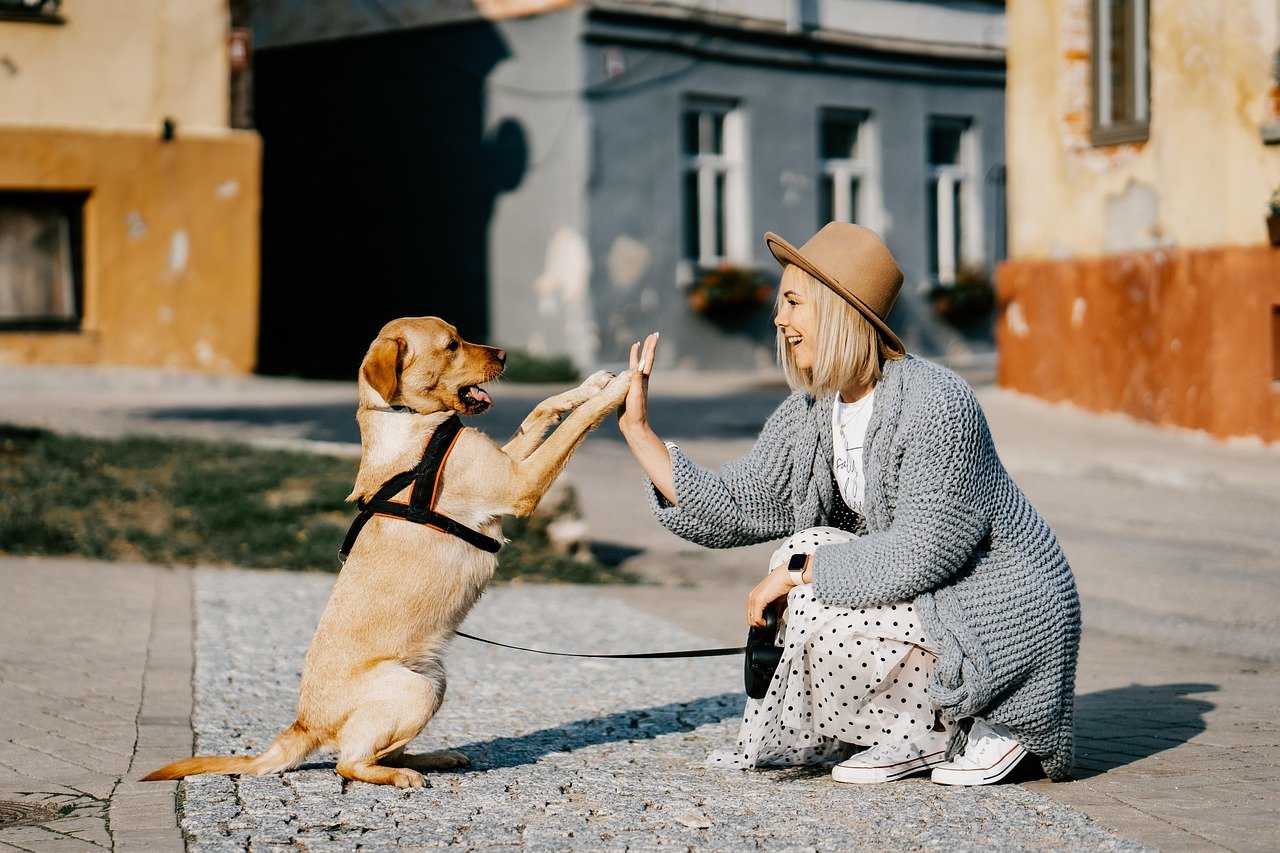
“Dog’s sense of smell is phenomenal,” Ehrenzweig explains. “It’s their strongest memory trigger.” Your unique scent becomes like a fingerprint in your dog’s memory bank, something they can recognize from across a crowded park or even after you’ve been away for months. This isn’t just about recognizing you – it’s about feeling safe and loved the moment they catch your familiar smell.
Think of it like this: while we might remember someone by their face, dogs remember us by our scent signature. Things like your scent and your voice will be associated with comfort, love, happiness, and food, thus them remembering who you are by associative memory. That’s why rescue dogs can sometimes struggle with new owners at first, but once they’ve bonded with your scent, that memory becomes unshakeable.
Where the Food Comes From

If there’s one thing dogs never forget, it’s where their next meal comes from. They remember not just the location of their food bowl, but the entire ritual around feeding time. The sound of the kibble hitting the bowl, the time of day you usually feed them, and even the specific cupboard where you keep their treats all become permanently etched in their memory.
Most dogs have enough memory to remember their favorite people, places, and things. Food definitely falls into that “favorite things” category, and the memories around it are some of the strongest they’ll ever form. Some dogs can even remember where they buried bones years later or recall which neighbor always has the best snacks during walks.
The Feeling of Being Loved and Safe

Dogs don’t necessarily remember specific cuddle sessions or the exact details of playtime, but they absolutely remember how those interactions made them feel. They connect you to positive feelings and experiences rather than replaying specific events. This emotional memory is incredibly powerful and forms the foundation of their bond with you.
When a dog trusts you completely, it’s because they’ve built up countless positive associations over time. Every gentle pet, every reassuring word during a thunderstorm, and every moment of comfort gets woven into their memory as pure emotional gold. Good memories are associated with the people, places, and things that have created feelings of love and comfort in your pup’s heart and mind.
Their Daily Routines and Schedule

Dogs are creatures of habit, and they remember their daily routines with startling accuracy. They know when it’s breakfast time, when you usually come home from work, and when they can expect their evening walk. Dogs also associate certain times of the day with certain events, such as understanding that they get a long walk outside as soon as you get home from work at the same time every weekday.
This time awareness isn’t just about clocks – it’s about patterns and associations. Your dog might start getting excited around five o’clock every day because that’s when the fun stuff usually happens. They’ve memorized these patterns so well that they often become your personal alarm clock, reminding you when it’s time for their favorite activities.
Commands and Training They’ve Learned

A dog’s ability to respond to verbal commands is likely even a permanent memory. Long-term memories are also what helps your dog remember tricks such as rolling over or giving their paw. Once your dog masters a command or trick, that knowledge becomes surprisingly durable, sometimes lasting their entire lifetime.
The amazing part is that dogs can remember commands even after years without practice. Studies show that certain actions that a dog does not practice regularly can still be retained and then repeated over 10 years later. This explains why elderly dogs can sometimes perform tricks they learned as puppies, even if they haven’t done them in years.
Places That Made Them Happy
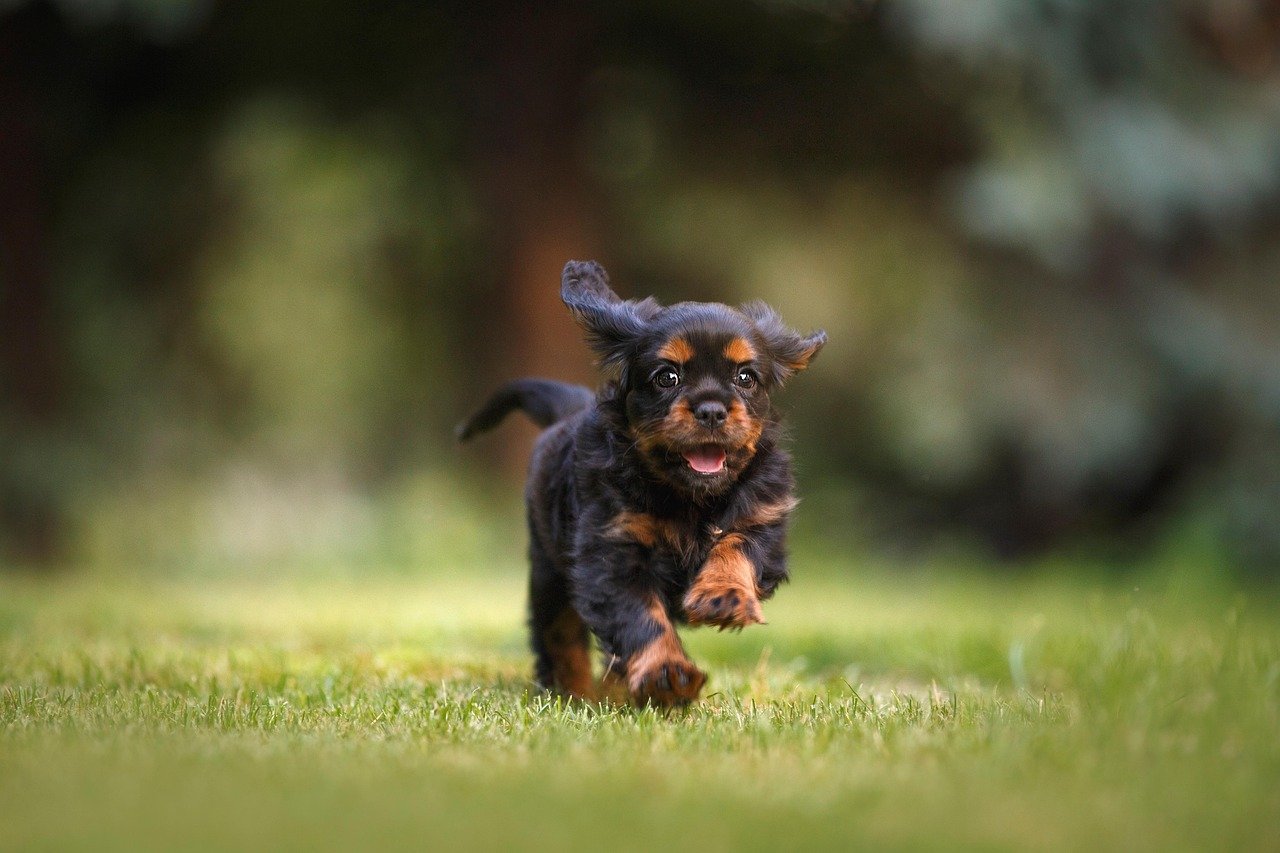
That dog park where they made their best friend, the beach where they ran free, or even just the living room where they love to nap – dogs remember places that brought them joy. Dogs have what is known as episodic memory, which means that they remember things because of a feeling. These location memories are tied to the emotions they experienced there.
You might notice your dog getting extra excited when you turn down a familiar street that leads to somewhere fun. They’re not necessarily remembering every detail of what happened there, but they’re remembering the feeling of excitement, freedom, and happiness associated with that place. This is why some dogs seem to have a built-in GPS for locations they love.
Other Dogs They’ve Bonded With

A six-month-old Bulldog puppy still eats his food like he’s competing with siblings, and for at least four or five weeks, he strolled around the house, looking for someone or something, before appearing sad that he hadn’t been successful. We can only assume that he was searching for his old playmates. Dogs form lasting memories of other dogs they’ve shared significant experiences with.
These canine friendships create some of the most enduring memories in a dog’s life. Whether it’s a littermate, a neighborhood playmate, or a doggy daycare buddy, dogs can remember and recognize other dogs they haven’t seen for months or even years. The reunion excitement between old dog friends is proof that these relationships leave lasting impressions.
The Sound of Their Leash

The jingle of a leash is like music to most dogs’ ears because they’ve associated that sound with adventure, exercise, and quality time with their human. Your dog has a positive association with the leash. They know the leash means fun, excitement, and exercise, even if they don’t remember the exact details of the last walk.
This memory is so strong that many dogs will come running from anywhere in the house at the first hint of leash preparation. They might not remember yesterday’s walk route, but they absolutely remember that the leash equals good times. Some dogs even learn to distinguish between different types of outings based on which leash you grab.
The Way You Make Them Feel Special

Every dog has their own special way of being pampered, and they remember these personal touches forever. Maybe it’s the way you scratch behind their ears, the silly voice you use when talking to them, or that one spot on the couch that’s “theirs.” These emotions become associated with you, which helps build a positive bond with your dog.
These individual preferences and the memories around them make each dog-human relationship unique. Your dog remembers not just that you’re nice to them, but specifically how you’re nice to them. This creates a personalized memory bank of all the ways you make them feel loved and important, which strengthens your bond every single day.
Past Trauma and Abuse
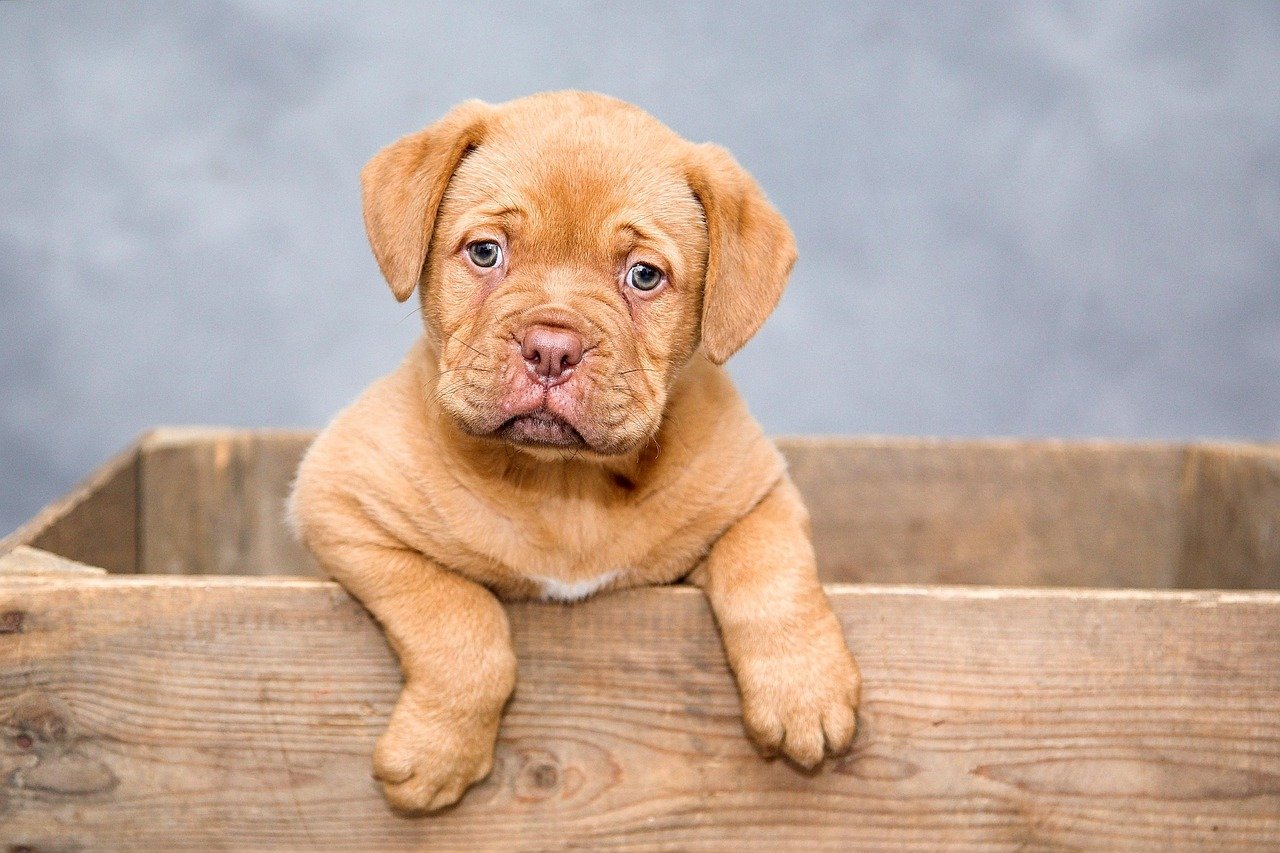
Unfortunately, dogs also form lasting memories around negative experiences, particularly traumatic ones. When it comes to long-term memory, researchers believe that dogs will remember events that were strongly positive or negative and have a major impact on the animal’s ability to survive. They also believe that dogs will remember events that have a powerful emotional impact. These memories can affect their behavior for years or even their entire lives.
When a dog goes through a traumatic event, like abuse or neglect, it can have a deep emotional impact. The memory of the event gets tied to the negative feelings the dog had at that time and can have a big effect on how he behaves in the future. Rescue dogs often carry these memories with them, showing fear or anxiety around certain triggers that remind them of past trauma.
Scary Medical Experiences

A single traumatic vet visit can create lasting negative associations that affect a dog for years. Dogs remember the smells, sounds, and feelings associated with painful or frightening medical procedures. This is why some dogs start shaking the moment they enter a veterinary clinic, even for routine check-ups.
These medical memories can be incredibly specific and persistent. A dog might remember the exact table where they had surgery, the sound of certain medical equipment, or even the type of building where bad things happened to them. Formerly mistreated dogs might show signs of fear or anxiety when they experience a similar context, even if they don’t recall the specific details of the trauma.
Being Abandoned or Separated

It’s a common belief that dogs who lived in a negative environment will have anxiety and stress associated with these memories. Dogs who have been left alone for long periods or haven’t had social interaction with people will likely have separation anxiety later in life when apart from their family. The memory of abandonment can create lasting behavioral issues.
Dogs who have experienced abandonment often develop intense separation anxiety because they remember the fear and confusion of being left alone. Maggie had been abandoned multiple times in the first three years of her life and would try to prevent us from leaving the house because she panicked at the prospect of being left alone. These memories can make even brief separations feel terrifying to them.
Loud Noises and Chaotic Situations

Loud noises and other bothersome sounds, for instance, can jog a dog’s memory and cause them to react negatively. Dogs who have experienced trauma around loud noises – whether from storms, fireworks, shouting, or other chaotic situations – often carry these memories throughout their lives.
These sound-based memories can be particularly challenging because they can be triggered unexpectedly. A dog who was traumatized during a thunderstorm might develop a lifelong fear of any loud, rumbling sounds. The memory doesn’t fade with time, and each new exposure can reinforce the original fear, making it even stronger.
Physical Pain and Punishment
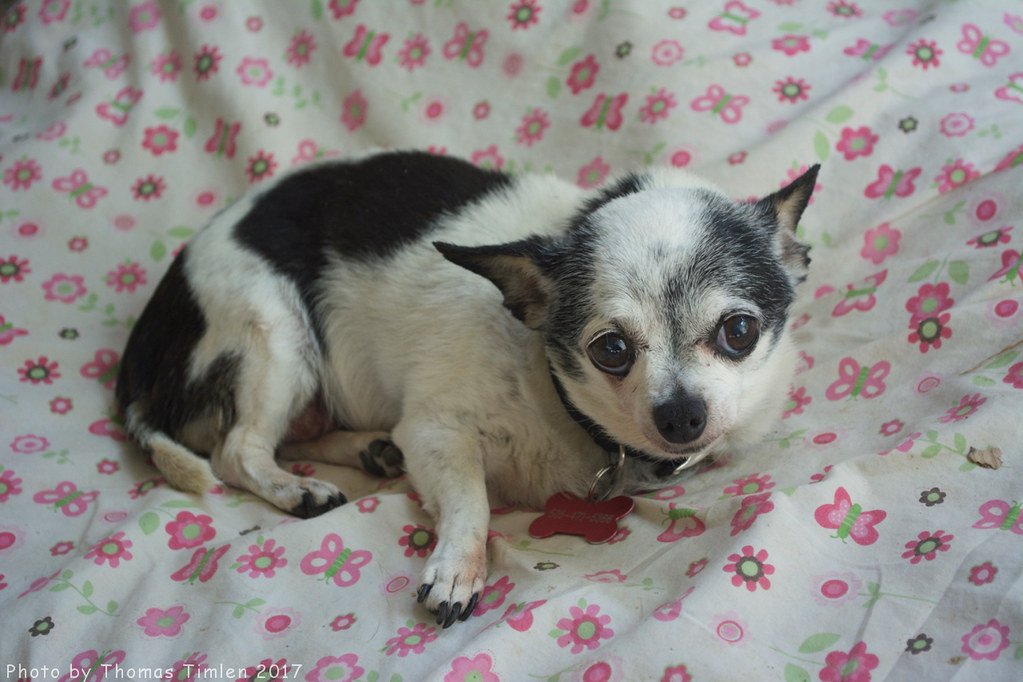
Dogs have excellent memories when it comes to physical pain and punishment, especially when it’s associated with specific people, objects, or situations. Observers of dogs who have been abused have noted the types of responses that dogs will show to triggers of their haunting, negative past. A trigger may be something as simple as a raised voice or arm movement.
If a dog has been treated badly in the past, he may become fearful or even aggressive in similar situations later on. The memory of the bad experience triggers the same scared or defensive reaction. These memories can make rehabilitation challenging and require patience, understanding, and often professional help to overcome.
Conclusion
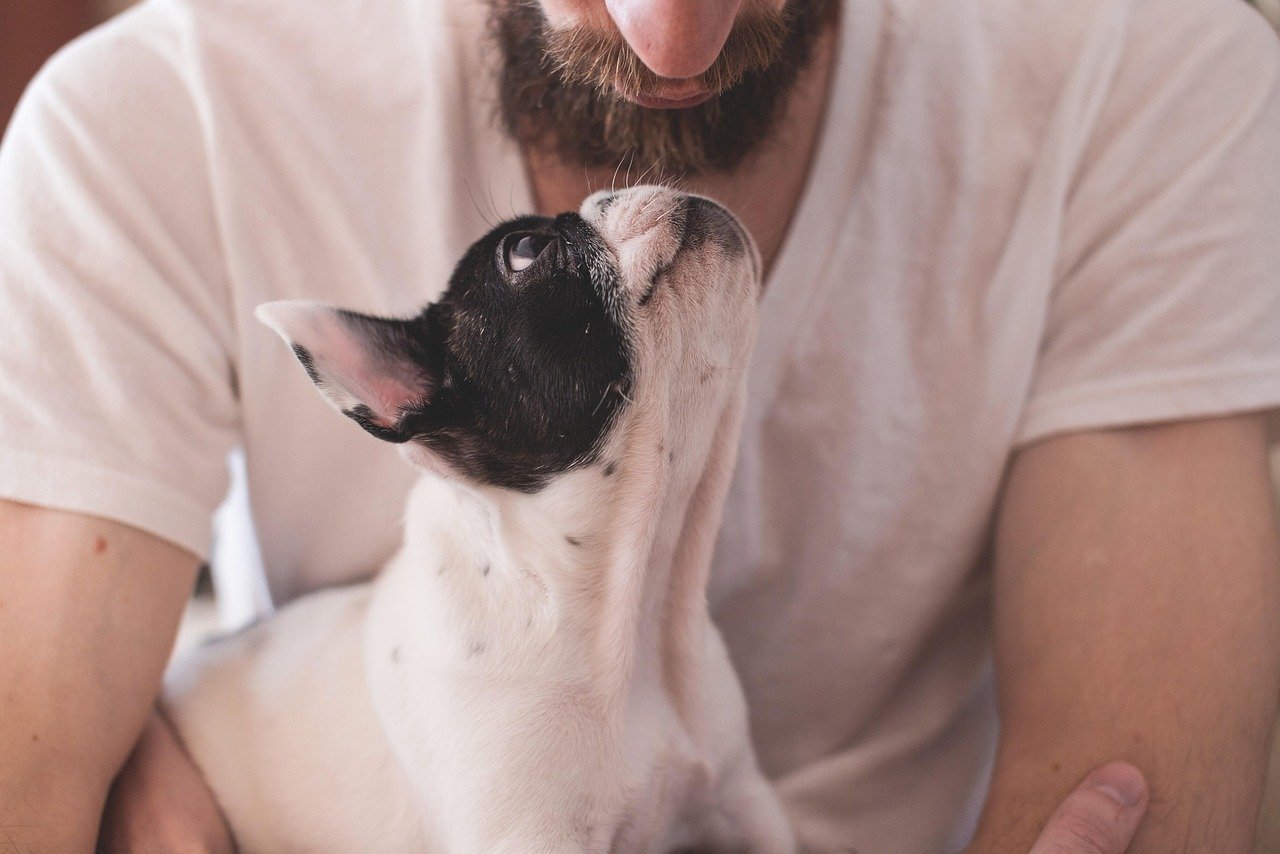
Understanding what dogs remember helps us become better companions to our four-legged friends. The beautiful thing about canine memory is that while they might not remember events exactly like we do, they remember the feelings and emotions associated with their experiences. They are forming memories all the time and are able to recall them when needed. And considering how important humans are to dogs, it’s likely your every action is not only being watched, but remembered, as well.
For dog owners, this knowledge is both a responsibility and an opportunity. Every interaction with your dog is potentially creating a lasting memory. The good news is that positive associations can often override negative ones with time, patience, and love. You can help dogs overcome negative associations by replacing them with positive ones. So the next time you interact with your dog, remember that you’re not just living in the moment – you’re creating memories that might last them a lifetime.
What memories do you think your dog treasures most about your relationship together?